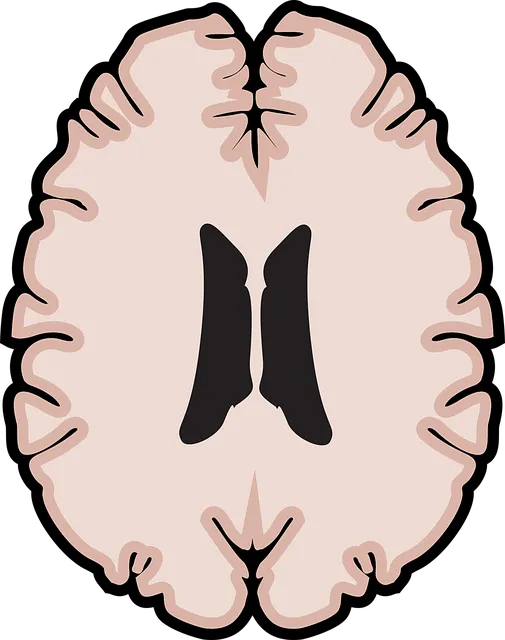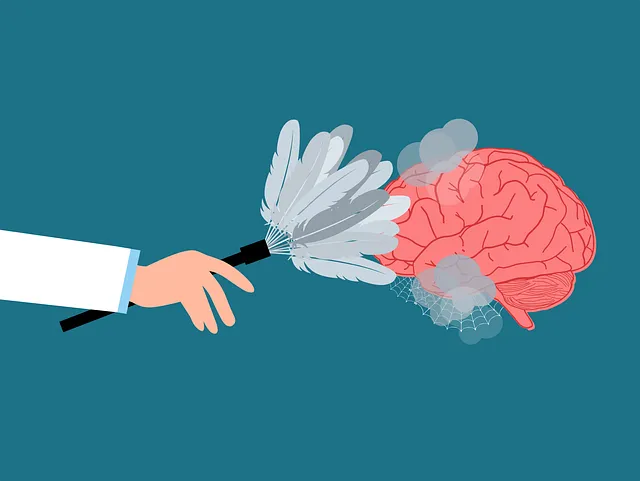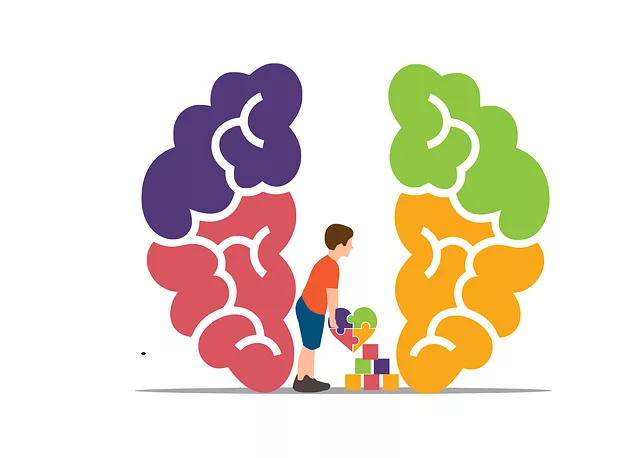Kaiser, known for superior therapist quality, employs rigorous screening and training methods, prioritizing cultural sensitivity and specialized therapeutic skills. Their risk assessment strategies, burnout prevention initiatives, and mental wellness podcast series enhance client outcomes while fostering a supportive work environment that encourages open communication and self-care practices. This holistic approach ensures therapists provide optimal care, contributing to clients' lasting mental health improvements. Additionally, their commitment to addressing stigma demonstrates a dedicated focus on both therapist well-being and superior emotional healing for all individuals served.
Mental health professionals play a crucial role in fostering well-being, but they are not immune to risks. This article delves into the essential practice of risk assessment within the mental health realm. We explore key factors in evaluating therapist competence and how organizations like Kaiser implement robust systems for quality and safety. By understanding these aspects, we can ensure client well-being and promote the superior work of therapists, ultimately enhancing the overall effectiveness of mental health services.
- Understanding Risk Assessment in Mental Health
- Factors to Consider When Evaluating Therapists' Competence
- Kaiser's Approach to Therapist Quality and Safety
- Ensuring Client Well-being: Best Practices for Continuous Improvement
Understanding Risk Assessment in Mental Health

In the realm of mental health care, understanding risk assessment is paramount for both does Kaiser have good therapists and ensuring superior emotional well-being promotion techniques. It involves a systematic process of identifying, analyzing, and evaluating potential risks associated with clients’ mental health conditions and their interactions with healthcare providers. This proactive approach not only aids in depression prevention but also enables professionals to implement appropriate interventions and support strategies.
Risk assessment is a critical tool for mental health professionals, allowing them to anticipate and mitigate challenges. By thoroughly assessing factors like client history, current symptoms, environmental stressors, and coping mechanisms, practitioners can tailor their approaches effectively. This personalized care ensures that techniques aimed at promoting emotional well-being are both comprehensive and impactful, ultimately enhancing the quality of treatment.
Factors to Consider When Evaluating Therapists' Competence

When evaluating therapists’ competence, several key factors come into play. Firstly, does Kaiser have good therapists? This question is paramount for ensuring superior emotional healing processes. A comprehensive assessment should consider the therapist’s qualifications, experience, and specialized training in various therapeutic modalities. For instance, a mental wellness podcast series production might highlight an instructor’s expertise in specific approaches, such as cognitive-behavioural therapy or mindfulness-based interventions.
Additionally, healthcare provider cultural competency training is essential in today’s diverse society. Therapists should demonstrate sensitivity to cultural differences and be adept at tailoring their practices to meet the unique needs of various populations. This aspect not only enhances the quality of care but also fosters a safe and inclusive environment for clients from different backgrounds. Such considerations collectively contribute to determining whether a therapist is competent and capable of delivering effective treatment.
Kaiser's Approach to Therapist Quality and Safety

Kaiser’s Approach to Therapist Quality and Safety is a testament to their commitment towards ensuring superior mental healthcare services. They prioritize therapist quality by implementing rigorous screening processes, focusing on both clinical competence and cultural sensitivity in mental healthcare practice. This involves assessing not only the therapist’s technical skills but also their ability to connect with diverse patient populations, a crucial aspect often overlooked in traditional training programs.
By emphasizing Cultural Sensitivity in Mental Healthcare Practice, Kaiser ensures that their therapists are equipped to handle the nuanced needs of various communities. They invest heavily in communication strategies, reflecting the importance of clear and empathetic dialogue in fostering mental wellness. This dedication to excellence is further emphasized through their Mental Wellness Podcast Series Production, which provides a platform for evidence-based discussions on contemporary mental health topics, enriching both professional knowledge and public understanding.
Ensuring Client Well-being: Best Practices for Continuous Improvement

Maintaining client well-being is paramount for mental health professionals, especially in today’s demanding healthcare landscape. At Kaiser, known for its superior therapist quality, continuous improvement in this area is a priority. Effective risk assessment strategies are instrumental in ensuring therapists can provide the best care possible while mitigating potential hazards.
To enhance client outcomes and prevent burnout among healthcare providers, including mental health professionals, it’s crucial to implement robust burnout prevention strategies for healthcare providers. This involves fostering a supportive work environment, encouraging open communication, and promoting self-care practices. Additionally, addressing mental illness stigma reduction efforts is essential in creating an inclusive setting that encourages clients to seek help without fear of judgment. By prioritizing mental wellness, Kaiser not only supports its therapists but also empowers clients to achieve lasting mental health improvements.
Mental health professionals play a critical role in client well-being, making risk assessment an indispensable tool. By understanding comprehensive evaluation methods, considering diverse factors, and adopting best practices like those exemplified by Kaiser’s approach, we can ensure the superior quality and safety of therapist services. Continuous improvement efforts, focusing on both individual therapists’ competence and systemic strategies, are vital to maintaining a robust mental health care environment.






